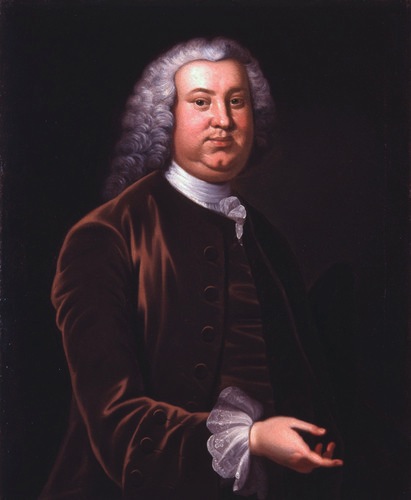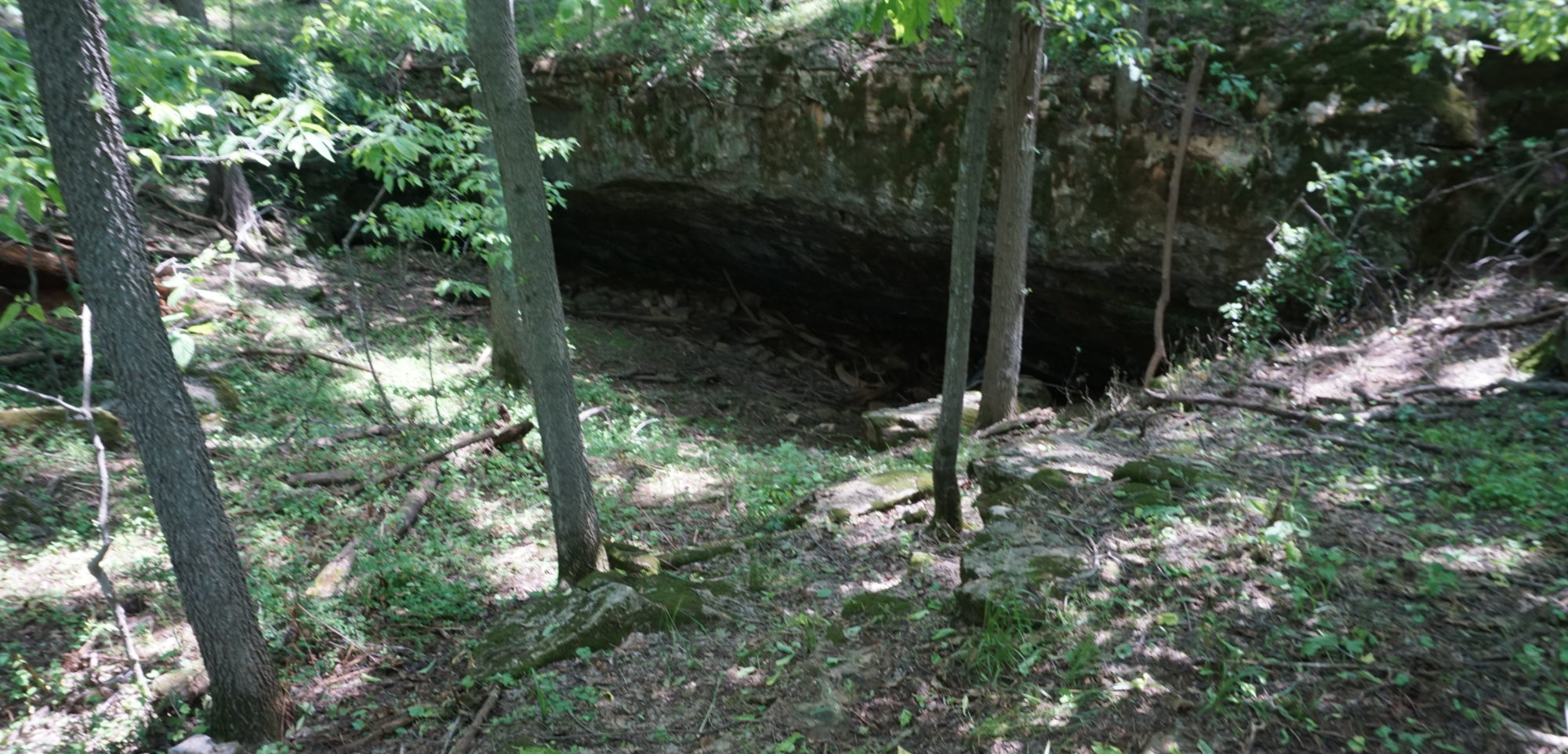Tories. Royalists. Loyalists. King’s Men. Persons inimical to the liberties of America. These were all interchangeable terms used by American colonists during the Revolutionary War to label, indeed stigmatize, anyone viewed as being sympathetic to the British Crown. However, it wasn’t always a black and white matter.
Take, for instance, Ralph Wormeley V (1744-1806). He came from one of the oldest Virginia families. He was sent to England at a young age, being educated at Eton starting at age twelve. He then went on to Cambridge University, graduating from Trinity Hall at age eighteen. He was distinguished for his elegant scholarship.
Wormeley was more than a scholar. He was highly intellectual, and his passion was books – both to read and to collect. His grandfather had built the most extensive private library in Virginia, and Ralph Wormeley only added to that collection. Ralph was also appointed to the colonial Governor’s Council, although he was far more interested in literature than politics. Along with his wife, Eleanor, he lived at the family seat, Rosegill, in Virginia’s Middlesex County on the lower Rappahannock River.
No doubt Wormeley was a prototypical Virginia gentleman. Lending credence to his prominence, in a 1764 letter penned to his brother Charles, George Washington referred to Wormeley, using the man as an example of what it takes to operate a thriving plantation out on the frontier.
“from experience I have found so has my Brother John, and almost every body else, that it will not answer to keep only a single Quarter at so great a distance—Mr Wormeley,1 & those Gentlemen who have so many Plantations together as to enable them to employ a Person of Character to manage the whole, profit by it, but I believe the rest, unless it is a very rare instance to the contrary, rather loose annually than gain”
By September of 1771, it was readily apparent that George Washington and Ralph Wormeley had bonded and enjoyed time spent together, as exemplified by the following three successive daily diary entries George Washington recorded:
19. Went to Court again. Dind at Arrells & come home in the Afternoon. Found young Mr. Wormely here.
20. Went with Mr. Wormeley to Belvoir on a Morngs. Visit, & returned to Dinr.
21. Set out with Mr. Wormeley for the Annapolis Races. Dind at Mr. Willm. Digges’s & lodged at Mr. Ignatis Digges’s.
During the relatively peaceful interlude between the French and Indian War and the American Revolutionary War, the opportunity to enjoy their social status (whether earned, won, or inherited) was not to be missed. The Annapolis fall horse racing event (which included dining, dancing balls, and theatrical plays) was one of the annual highlights for the gentry class, which indeed both Washington and Wormeley were a part of.


During the Revolutionary War, Ralph Wormeley V was suspected of royalist tendencies. He was even caught red-handed of possessing such sympathies in a fateful 1776 letter he penned to John Randolph. In it, he freely expressed himself in loyalist terms.
Known as “John the Tory,” Randolph was a Virginia lawyer appointed the King’s Attorney (akin to an attorney general today) by the colony’s governor in 1766. Refusing to assist in the American rebellion, John the Tory quit his position and removed his family to Great Britain, from where he argued for reconciliation.
John Randolph died just one year after the conclusion of the Revolutionary War. His final request was to be buried on American soil. Despite being opposed to his famous patriot brother, Peyton Randolph, throughout the War, John’s remains eventually were returned to the Old Dominion. He laid to rest right next to his brother Peyton, who served as the first (and third) president of the Continental Congress.



The fateful letter Ralph Wormeley sent to John Randolph overseas was intercepted, which dictated some response. Likely, because of his status in Virginian society, as well as his mild-mannered scholarly ways, Wormeley wasn’t jailed (or worse). Instead, the Virginia Convention ordered him confined to the Wormeley family’s Berkeley County estate and required him to give a bond of £10,000.
For the next two years, Ralph Wormeley’s movements were thus “restricted” to his 11,700-acre hunting lodge estate, a property that straddled the Shenandoah River. Known by the Wormeley family as “Berkeley Rocks,” or simply “The Rocks,” it was situated near the mouth of the Long Marsh Run, about ten miles south of Charles Town and about half that distance to the Masonic Cave.
According to Norris’ historical text, “History of the Lower Shenandoah Valley,” the expansive rural parcel was picked up by Ralph Wormeley’s father, Ralph Wormeley IV, at the personal recommendation of George Washington.
“It is said to have been sold for only 500 guineas and that Washington assured Wormely at the time of the sale that he had surveyed the land and knew it well, and that if he did not wish to retain it after procuring it, that he would take it off his hands.”
“The Rocks” has a far more recent historical attachment to it. Located at the end of Ann Lewis Road (which is a dead-end street that leads right to the Shenandoah River) back in the late 1970s, it was the original commune owned by “Patch Adams” – the clownish doctor portrayed by actor Robin Williams, before Adams’ setting up his Gesundheit! Institute in Pocahontas County.

After his release from home detention, Ralph Wormeley returned to his renowned book collection at Rosegill. Despite Wormeley’s sympathizing with the mother country during wartime, he did not offer active support, and thus he got off relatively lightly. He remained passive for the duration of the war, which was not necessarily an easy stance. Rosegill was looted by disgruntled loyalists who perhaps thought he wasn’t supporting their cause enough. He reportedly lost 10,000 pounds of sterling silver to one tory bandit, while his patriotic neighbors distrusted him.
Following America gaining her freedom, things improved for Ralph Wormeley. He enjoyed renewed and continued friendship with leading Americans, including his old pre-war pal, George Washington. Washington, in his diary, recorded various social outings with Wormeley. Wormeley, seeing a new order was in place, even served several terms as a member of the Virginia House of Delegates and was also present at the Virginia Convention of 1788.
ONE SPECIAL FAVOR
In 1799, Ralph Wormeley had a special request to run by George Washington; he tactfully framed in a letter dated May 12, written from his Rosegill estate.
“Dear sir,
I am about to ask a favour of you, which I think it probable you may refuse, the frequency of applications of this sort having induced a resolution, on your part, never to comply with any; I mean, “Letters of recommendation” — in June I propose to embark at Norfolk for New York in my way to Boston; my business is to settle my second son as a student at Harvard College ….”
“I am not acquainted either with Governor Jay or General Hamilton, both of whom to be introduced to by a medium so respectable as your letter, would do me honour; and, certainly highly gratify me, as it would give me an opportunity of enjoying their company, and their conversation.”
“At Boston I wish to know Generals Knox & Lincoln, and solicit also Letters to them: you will be so good as to send them by post at your leisure, direct to me Rosegill near Urbanna; Mr Tayloe will not return by Mount Vernon or he would afford a good opportunity of conveying them to me.”
Perhaps Wormeley was attempting to apply “reverse psychology” in his letter, as indicated by his anticipation of rejection. Or, possibly knowing George Washington had been turning away constant pleas for endorsements and personal recommendations, he wanted to soften the blow in the event his request was declined. Washington, though, graciously obliged with at least one letter of recommendation. He provided the following missive, directed to General Henry Knox, dated the 22nd of May:
“Dear Sir,
Ralph Wormeley Esqr. (who will present this letter to you) carries one of his Sons to Harvard College, to be fixed there as a Student. Being a Stranger in the New England States, I beg leave to introduce him to your Acquaintance & civilities. He is a Gentleman of respectability in his own State; a friend to the Constitution & Government of the Union; and a person of Information; qualifications which, I persuade myself, will insure him a ready reception with you.”
In the end, Ralph Wormeley’s son didn’t go to Harvard. Instead, he went to the progenitor school later known as Brown University and tragically died at sea several years later. But, the implication remains the same. It seems all had been forgiven and forgotten in terms of prior indiscretions related to national allegiances. He may have once been a Tory sympathizer when the Revolutionary War broke out. But by 1799, it was George Washington, at the tail end of his life, who was doing personal favors for the former loyalist Wormeley. Readers of Brought to Light may also recollect that Wormeley filed a lawsuit against the individuals who were in possession of the Cave Farm. Those were complicated times, and we may never fully understand the nuances of the relationships and the deals that were struck by these men so long ago.
